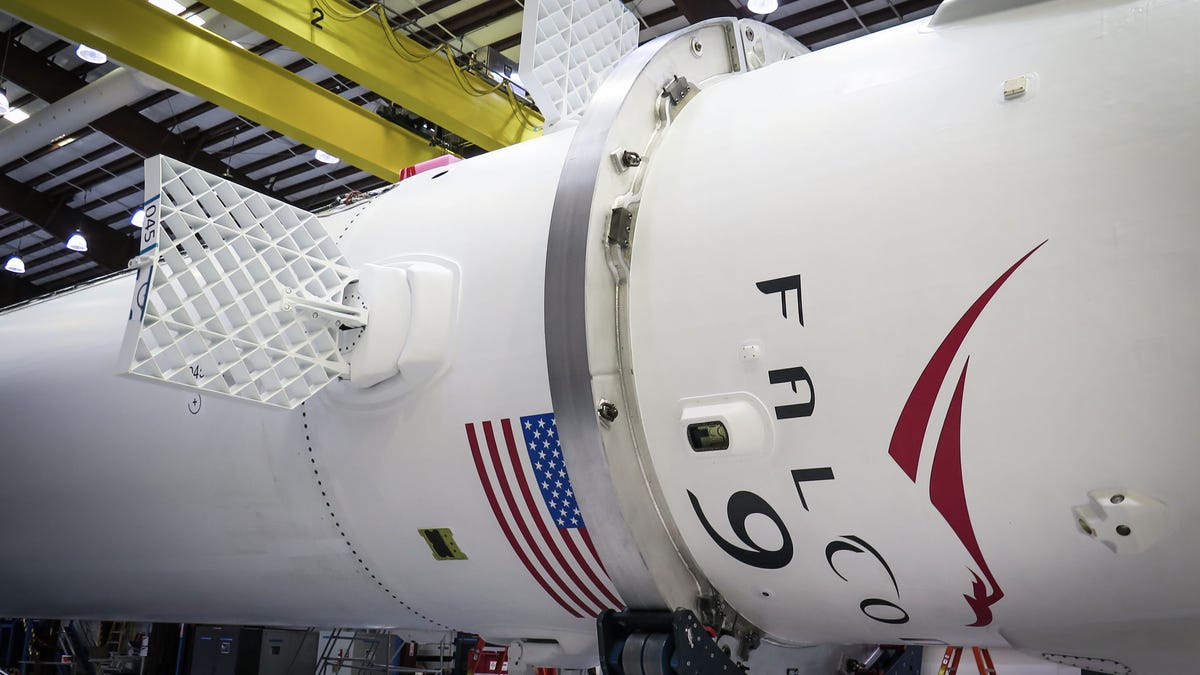SpaceX rocket explosion blows up Facebook's satellite plans
Things go very wrong during the test-firing of a Falcon 9 rocket set to launch a satellite that would have beamed Wi-Fi to Africa, courtesy of Facebook.

It was a bad morning Thursday for SpaceX, and a not so great one for Facebook's space ambitions either.
Explosions destroyed the SpaceX Falcon 9 and its Amos-6 satellite payload during a routine rocket firing in Cape Canaveral, Florida. The unmanned Falcon 9 had been scheduled to launch Saturday.
Facebook had leased capacity on the Amos-6 to beam broadband internet to rural sub-Saharan Africa. SES, which operates the satellite network the Amos-6 was supposed to join, announced that deal in April.
SpaceX CEO Elon Musk tweeted the explosion occurred during a "propellant fill operation" near the rocket's upper-stage oxygen tank. "Per standard procedure, the pad was clear and there were no injuries," he added.
NASA said the explosion occurred at Launch Complex 40 at the Air Force station, and Kennedy Space Center emergency staff was on standby, CBS News reported. (Editors' note: CNET is owned by CBS.)
Facebook has "other technologies" like its Aquila drone that can connect people, CEO Mark Zuckerberg said in a post Thursday. "We remain committed to our mission of connecting everyone, and we will keep working until everyone has the opportunities this satellite would have provided," he wrote.
This is the second major setback for SpaceX. In June 2015, a rocket carrying cargo to the International Space Station broke up midflight.
SpaceX builds relatively inexpensive unmanned rockets that NASA uses to deliver supplies to the ISS and that communications companies use to deploy satellites. According to SpaceX's published price list, a Falcon 9 rocket costs about $62 million to launch. For comparison, rival United Launch Alliance says the cost to launch one of its rockets is about $225 million.
To bring costs even lower, SpaceX wants to reuse rockets it's previously launched. The company has successfully landed five out of nine rockets so far this year, both on land and at sea. It expects to make the first Falcon 9 relaunch in the fourth quarter.
Musk has also made it clear he wants to help colonize Mars. Working with NASA, SpaceX expects to launch an unmanned space capsule to Mars as early as 2018. And in June, Musk said he intends to land a human-carrying spacecraft on Mars by 2025, followed every 26 months with fresh supplies and additional colonists.

